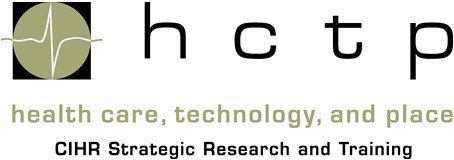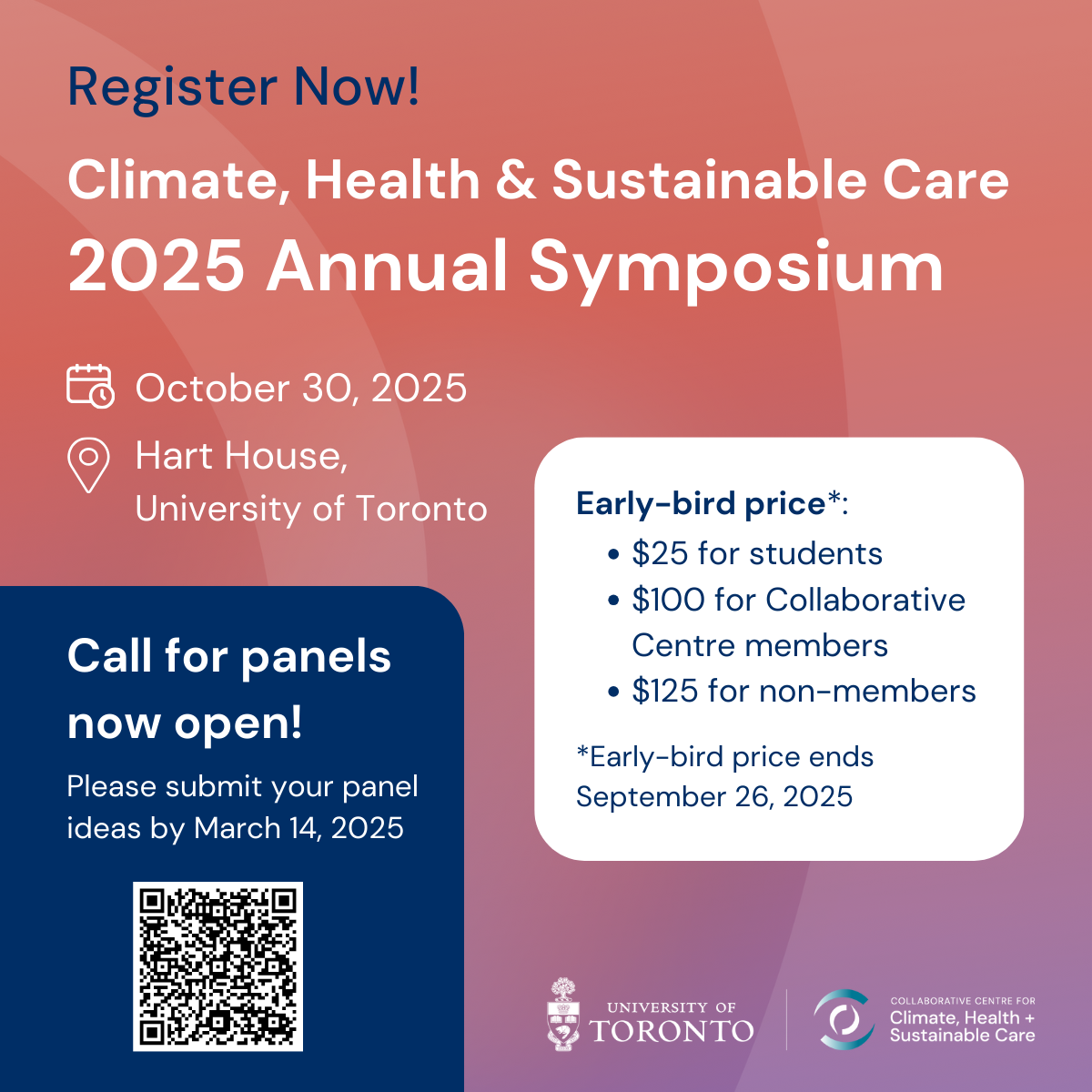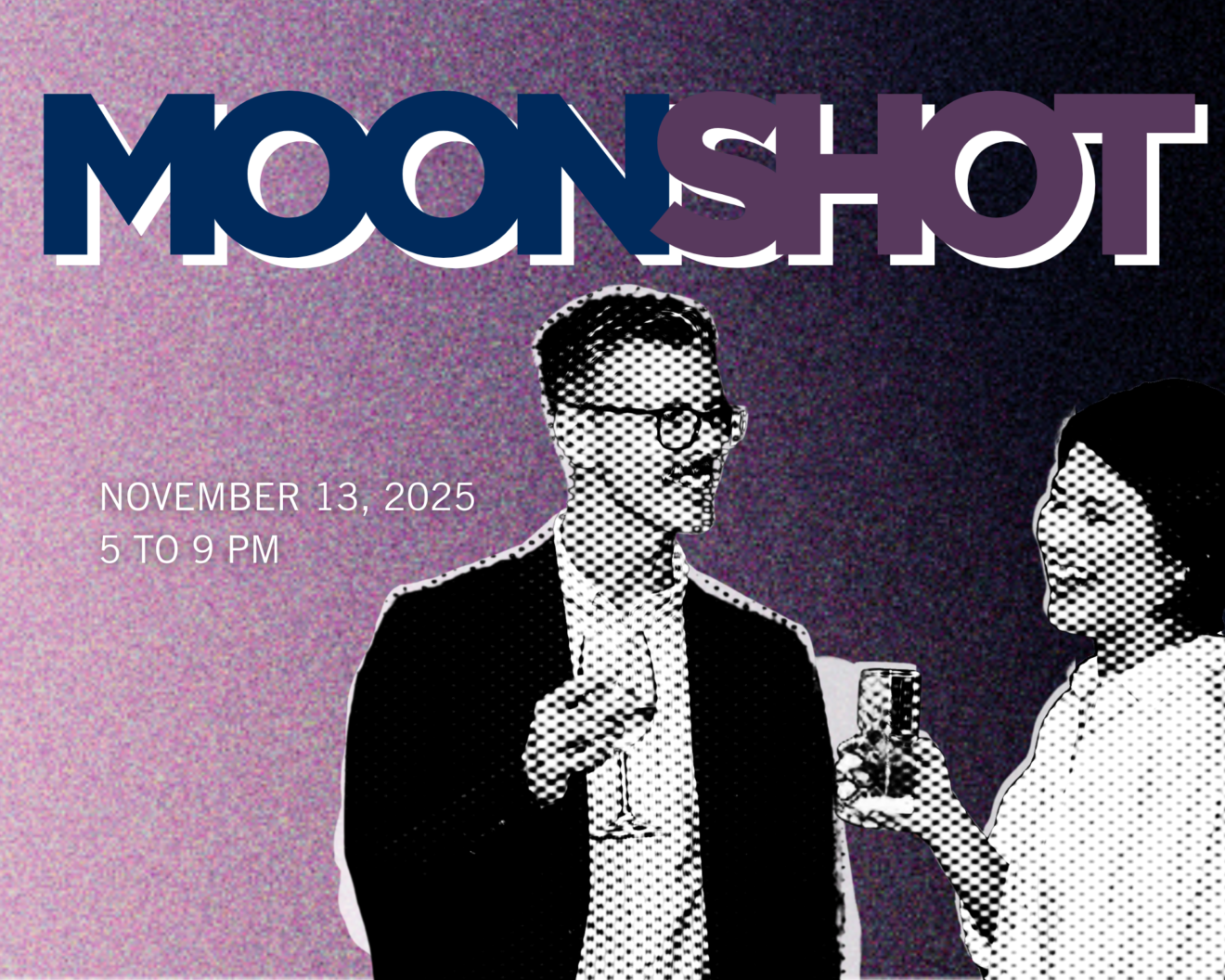Mixed Methods: Debates, Strategies, and Challenges
Date: February 25, 2015
Time: 8:30am‐12:30pm
Venue: Room 208, Health Sciences Building, University of Toronto, 155 College Street, Toronto
Abstract:
The Health Care, Technology and Place Program (HCTP) and the Centre for Critical Qualitative Health Research (‘CQ’) are pleased to offer a half‐day session on mixed methods research. The session aims to provide an overview of mixed methods in health sciences research including benefits, challenges, and strategies for success in designing and conducting mixed methods health research.
This half‐day workshop will feature an expert panel responding to a video lecture of Dr. John W. Creswell, Professor of Educational Psychology at the University of Nebraska‐Lincoln and author of numerous books and articles on mixed methods research. The panel will interrogate underpinning assumptions of mixed methods and discuss the merits of this approach. Following an open discussion of the issues raised by the panel, there will be an interactive session wherein attendees in small groups will briefly present their own mixed methods studies (funded, submitted, or proposed just for this exercise) and reflect on the strategies and challenges regarding this distinctive methodology.
Speakers:
The Expert Panel includes Joan Eakin (former director, Centre for Critical Qualitative Health Research
(‘CQ’) and Professor Emerita, University of Toronto) & Tony Antoniou (Adjunct Scientist, Institute for Clinical Evaluative Sciences (ICES), and Assistant Professor, Department of Family and Community Medicine and Leslie Dan Faculty of Pharmacy, University of Toronto), and will be moderated by CQ Director, Denise Gastaldo (Lawrence S. Bloomberg Faculty of Nursing & Dalla Lana School of Public Health, University of Toronto).
Group Session leaders include Pia Kontos (Toronto Rehabilitation Institute‐University Health Network), Denise Gastaldo (Lawrence S. Bloomberg Faculty of Nursing and Dalla Lana School of Public Health), Paula Gardner (Community Sciences, Brock University), Janet Parsons (Keenan Research Centre, Li Ka Shing Knowledge Institute at St. Michael’s Hospital), Brenda Gladstone (Community Health Systems
Research Group, Hospital for Sick Children), and Fiona Webster (Family and Community Medicine, University of Toronto).
Pre‐workshop Preparation:
Preparation for the workshop is crucial. Participants MUST read the articles listed below PRIOR to coming to the workshop.
Mixed Methods Workshop
- Creswell, J.W., Klassen, A.C., Piano Clark, V.L., and Clegg Smith, K. (2011). Best Practices for Mixed Methods in the Health Sciences. UK: Office of Behavioral and Social Sciences Research (OBSSR) of the National Institutes of Health (NIH). http://obssr.od.nih.gov/scientific_areas/methodology/mixed_methods_research/section2.aspx
- Greene, J. C., Caracelli, V. J., & Graham, W. F. (1989). Toward a Conceptual Framework for MixedMethod Evaluation Designs. Educational Evaluation and Policy Analysis, 11(3), 255‐274.
Small Groups Activity: Please come prepared to briefly present (~3‐4 minutes) to your small group a mixed method study. This could be a funded or submitted study, or a completely new research project proposed for this exercise.
Agenda:
08:30 Registration & Breakfast
09:00 Session 1 – Expert Panel: A Debate on Mixed Methods
- Creswell video lecture (20 min)
- Panel Presentation 1: Joan Eakin (20 min)
- Panel Presentation 2: Tony Antoniou (20 min)
- Discussion (40 min)
10:40 Break
10:50 Session 2 – Small Groups: Challenges and Strategies in Mixed Methods Research
11:50 Wrap‐Up – Full Group Discussion: Sharing Insights
12:30 Workshop Ends
The Hosts:
The Health Care, Technology and Place Program (HCTP)
The Health Care, Technology and Place (HCTP) is a CIHR‐Strategic Training Initiative in Health Research launched in 2002 at the University of Toronto. It is an interdisciplinary, collaborative research and training program designed to respond to the spatial changes, technological innovations, and social shifts in contemporary health care. HCTP is funded by the Institute of Health Services and Policy Research at the Canadian Institutes of Health Research. You can visit www.hctp.utoronto.ca for more information.
The Centre for Critical Qualitative Health Research (‘CQ’)
The Centre for Critical Qualitative Health Research, known as CQ, builds capacity in the health sciences to advance critical and theoretically‐informed qualitative inquiry. As a hub for researchers, graduate students, and professors teaching qualitative methodology, we promote research that addresses the socio‐political dimensions of health and questions prevailing assumptions that naturalize health, for example, as individual and biological phenomena.
In our teaching and research initiatives, CQ encourages reflexive utilization of diverse theoretical frameworks to critically examine current modes of knowledge production and to creatively engage with research methodologies. CQ aims to be a ‘go‐to’ site of expertise in the practice and teaching of qualitative research in the health field where novice and established qualitative researchers are challenged and inspired. Learn more about CQ by visiting the centre’s website: www.ccqhr.utoronto.ca
Enrol in this workshop by sending your name and department to: hctp.program@utoronto.ca
Related Events

Sign up for IHPME Connect.
Keep up to date with IHPME’s News & Research, Events & Program, Recognition, e-newsletter.
Subscribe to Connect Newsletter
Get in Contact
Communications
Marielle Boutin
Email Address: ihpme.communications@utoronto.ca




